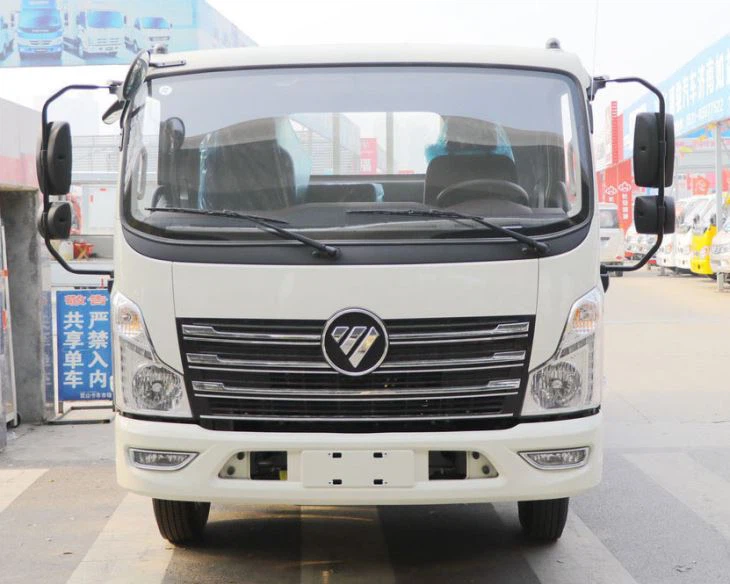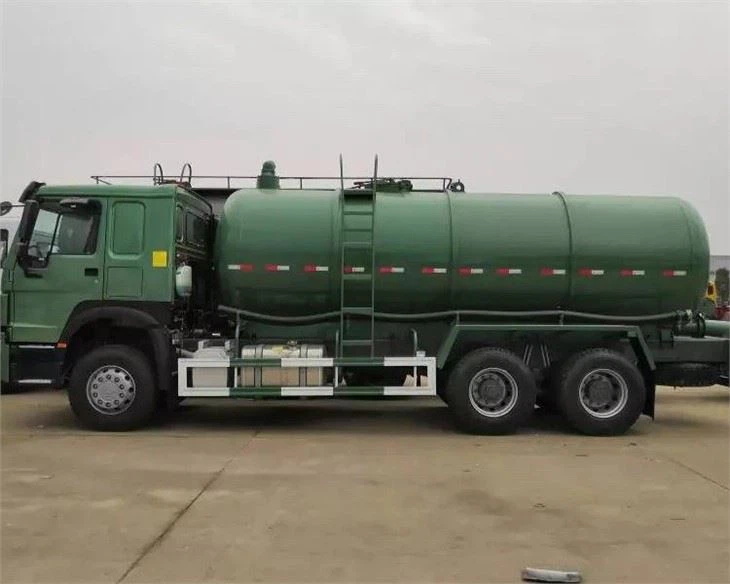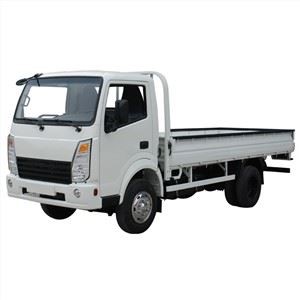Understanding Tip Trucks: A Comprehensive Guide

Introduction
Tip trucks, also known as dump trucks, have become an integral part of the construction and mining industries. They are designed for transporting and unloading heavy materials, making them essential for various operations. This article delves into the mechanisms, types, uses, advantages, and maintenance of tip trucks, providing practical tips for those looking to engage with this powerful vehicle.
What is a Tip Truck?
A tip truck is a specialized vehicle that features a hinged dump body to facilitate the unloading of its contents. Typically equipped with hydraulic systems, tip trucks allow for the efficient movement of materials such as sand, gravel, asphalt, and other heavy loads. Understanding how they work and the different models available can help businesses select the right type for their needs.
Basic Components of a Tip Truck
The main components of a tip truck include:
- Chassis: The base frame that holds the load and other components.
- Dump Body: The container that carries materials, often made of steel or aluminum.
- Hydraulic System: Facilitates the lifting and tilting of the dump body for unloading.
- Cab: The driver’s compartment, often equipped with controls for the dump function.
- Wheel Assemblies: Provide mobility and stability.

Types of Tip Trucks
Tip trucks come in various types, each suited for specific applications:
1. Standard Tip Trucks
Ideal for general hauling, standard tip trucks can carry a variety of materials and are used across different industries.
2. Articulated Tip Trucks
These trucks have a flexible joint between the cab and the dump body, enhancing maneuverability on rough terrains.
3. Rear Tipping Trucks
The most common type, rear tipping trucks, discharge their materials from the back, making them suitable for road construction and landscaping projects.
4. Side Tipping Trucks
These trucks unload materials from the side, providing versatility for tasks that require lateral unloading.
5. Mini Tip Trucks
Smaller and lighter, mini tip trucks are perfect for residential projects or areas with limited access.
Common Uses of Tip Trucks
Tip trucks serve multiple purposes across different sectors:
1. Construction Industry
These trucks are essential for transporting aggregates, cement, and other construction materials on site.
2. Mining Operations
In the mining sector, tip trucks are used for moving extracted minerals and overburden, enabling efficient resource management.
3. Landscaping Projects
Tip trucks facilitate the delivery of soil, mulch, and plants for landscaping, improving workflow and efficiency.

4. Waste Management
In scenarios involving cleanup and debris removal, tip trucks are valuable for collecting and transporting waste materials.
5. Agriculture
They are used to transport bulk materials, such as fertilizers and grains, within agricultural settings.
Advantages of Using Tip Trucks
Utilizing tip trucks offers several benefits:
1. Efficiency
Tip trucks significantly reduce loading and unloading times, enhancing overall productivity on job sites.
2. Versatility
They can transport a wide range of materials, making them suitable for various projects.
3. Capability
Tip trucks are built to handle heavy loads, ensuring that they can manage the most demanding tasks.
4. Safety
Modern tip trucks are equipped with safety features that help protect operators and workers on site.
Practical Tips for Using Tip Trucks
1. Selecting the Right Tip Truck
Consider factors such as load capacity, terrain, and the types of materials to transport when choosing the right vehicle.
2. Performing Regular Maintenance
Regular maintenance checks, including hydraulic system inspections and tire rotations, ensure the vehicle operates smoothly.
3. Training Operators
Ensure that all operators are adequately trained to handle tip trucks safely and efficiently.
4. Load Management
Do not exceed the vehicle’s load capacity to prevent accidents and prolong the truck’s lifespan.
Safety Considerations When Operating Tip Trucks
Operating tip trucks involves certain risks; hence, safety is paramount:
1. Importance of Safety Gear
Operators should wear personal protective equipment (PPE), including helmets, gloves, and reflective clothing.
2. Pre-Operation Inspections

Before use, conduct thorough vehicle inspections to identify any maintenance needs.
3. Awareness of Surroundings
Be vigilant about your environment and any potential hazards that may affect the operation.
Cost Considerations for Tip Trucks
1. Initial Purchase vs. Rental
Evaluate whether purchasing or renting a tip truck best suits your project duration and budget.
2. Maintenance and Operating Costs
Maintain an understanding of ongoing costs, including fuel, repairs, and insurance, to budget effectively.
3. Return on Investment
Consider the potential return on investment (ROI) based on productivity gains when using tip trucks for projects.
Future Trends in Tip Truck Technology
The tip truck industry is evolving with advancements in technology:
1. Electric Tip Trucks
With a move towards sustainability, electric tip trucks are being developed to reduce emissions and operating costs.
2. Automation
Autonomous tip trucks are being tested, promising to lower labor costs and enhance safety standards.
3. Enhanced Safety Features
Innovative safety technologies, such as collision avoidance systems and improved visibility features, are increasing operational safety.
Frequently Asked Questions (FAQs)
1. What are the typical load capacities of tip trucks?
Tip trucks generally have load capacities ranging from 5 to 40 tons, depending on their type and size.
2. Are tip trucks suitable for off-road use?
Yes, many tip trucks, especially articulated and all-terrain models, are designed for off-road applications.
3. How do you maintain a tip truck?
Maintenance includes regular inspections, hydraulic fluid checks, tires, brakes, and keeping the truck clean from debris.
4. What is the difference between a tip truck and a dump truck?
There is no significant difference; the terms are interchangeable in many regions, although some areas may differentiate based on design specifics.
5. Can tip trucks be customized?
Yes, tip trucks can be customized to fit specific needs, including different dump body designs or enhanced safety features.
6. What factors influence the cost of a tip truck?
Factors include the type of truck, load capacity, brand, age, and any additional features or technology included.
